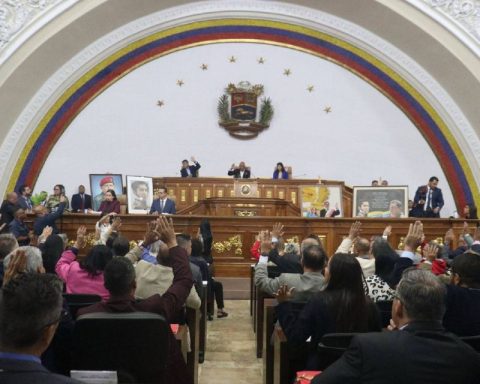The GNational Government has made official the decision to prevent municipalities from charging taxes on utility bills, a measure that has sparked a wide debate in the country’s political and economic spheres.
This decision, anticipated by the Minister of Economy, Luis Caputo, was formalized with the publication of Resolution 267/2024 in the Official Gazette. In recent weeks, there have been numerous disputes between the National Government and several municipalities, especially those governed by Kirchnerist mayors, due to the inclusion of municipal taxes in bills for essential services such as electricity and gas.
These rates, which in some cases have come to be considered abusive, have been seen as a way to increase municipal revenue indirectly, which has generated discontent both in the National Government as among consumers.
Resolution 267/2024 establishes that the information contained in service invoices must refer exclusively to the good or service contracted by the consumer and supplied by the supplier. This means that amounts or concepts unrelated to the good or service cannot be included, although the inclusion of general information that is relevant to the consumer is permitted.

In addition, the resolution provides for sanctions for those municipalities that do not comply with these regulations. Non-compliance will be sanctioned in accordance with the penalty regime provided for in Law No. 24,240 and its amendments..
The measure has already come into force, but a 30-day adaptation period has been established for municipalities to adjust to the new regulations. The Minister of Economy, Luis Caputohas been one of the main defenders of this measure.

Taxes
According to Caputo, municipalities were abusing municipal taxes, hiding increases in bills for essential services. In a streaming, the Ministry of Economy explained that this measure is a very important first step to make the costs faced by consumers transparent.
Caputo also pointed out that some municipalities, such as Lanús and Pilar, had significantly increased the taxes they charge supermarkets, which had generated an increase in the prices of products for consumers. These types of practices, according to the minister, hinder the economic program of the Government and contribute to inflation.


















